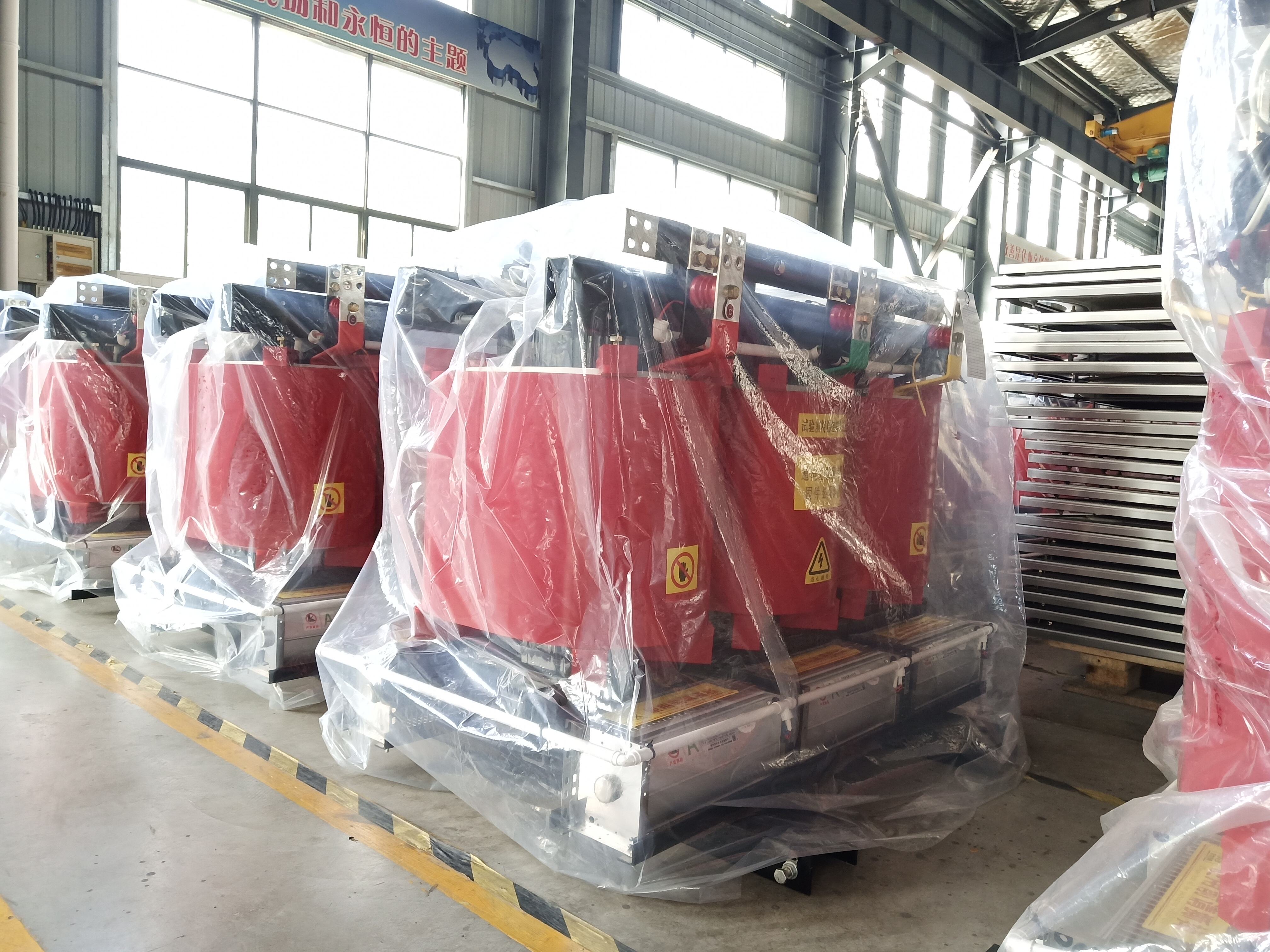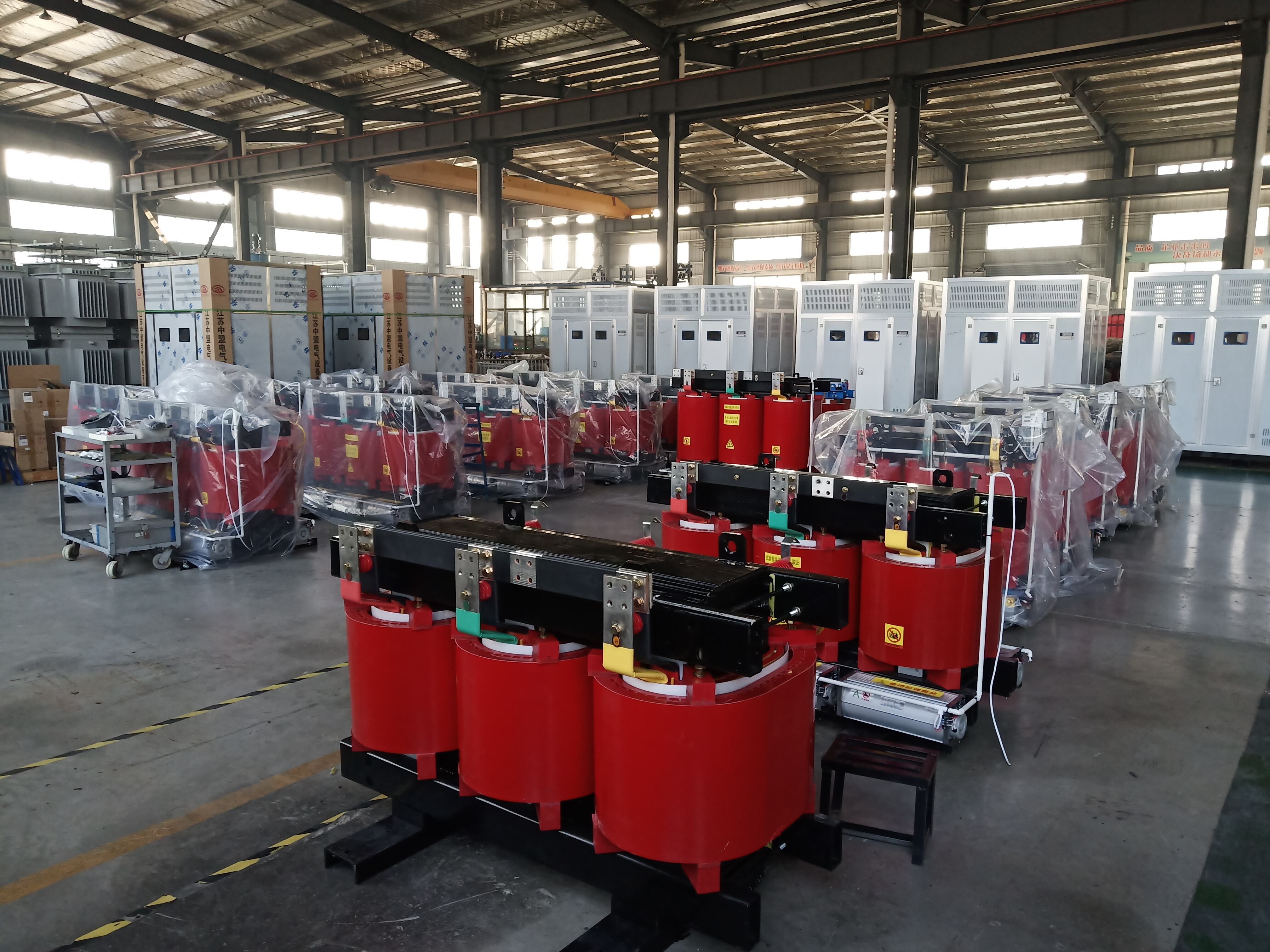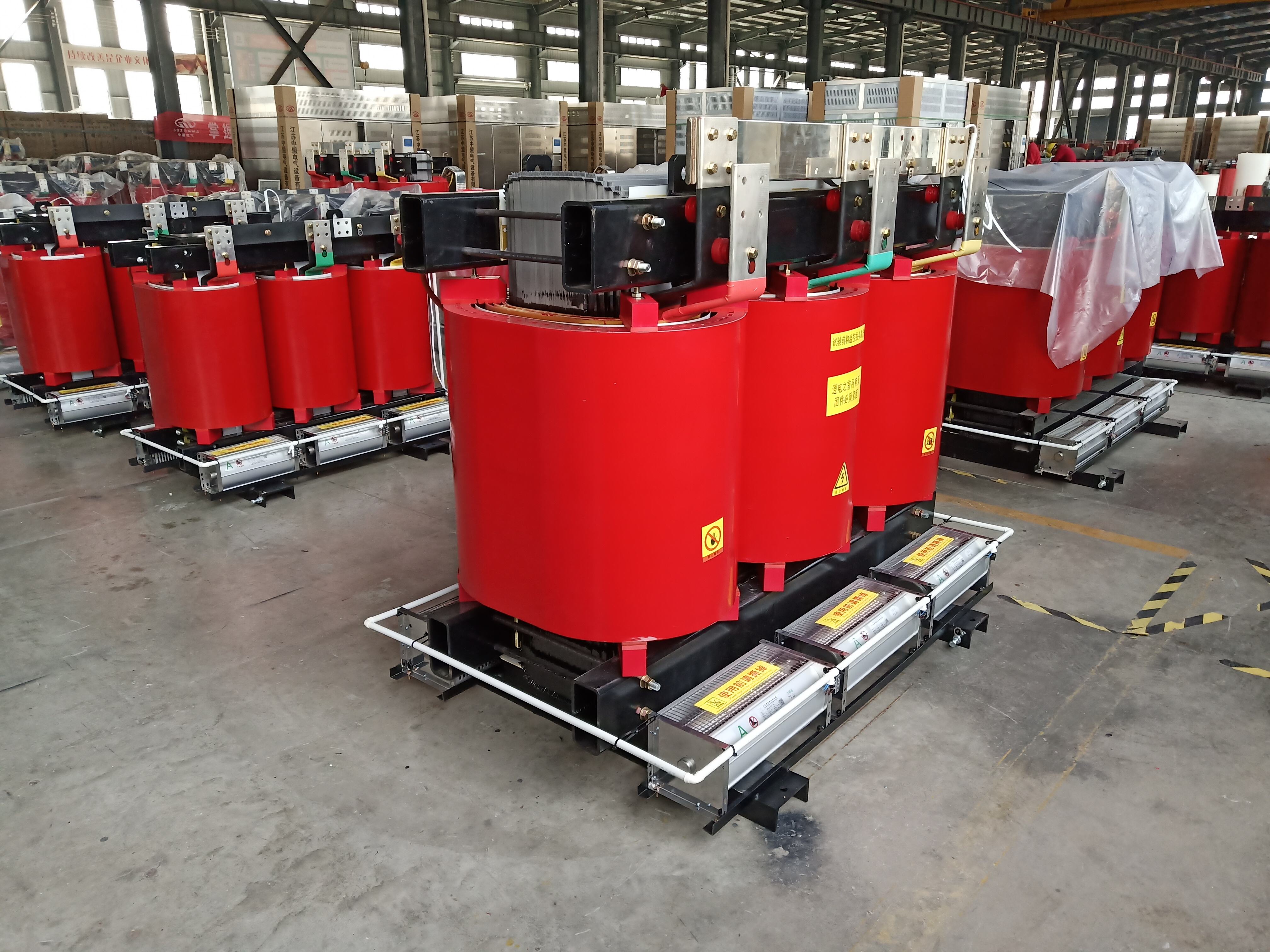type of oil used in transformer
Transformer oil, also known as insulating oil, serves as a crucial component in electrical transformers, performing multiple essential functions. This specialized dielectric fluid primarily acts as an electrical insulator, cooling medium, and arc-extinguishing agent. The oil is carefully refined from high-grade mineral oil, processed to remove impurities and enhance its electrical and thermal properties. It possesses excellent heat transfer capabilities, efficiently dissipating heat generated during transformer operation through natural circulation or forced cooling systems. The oil's high dielectric strength prevents electrical breakdown between transformer components, while its superior thermal conductivity ensures optimal temperature regulation. Modern transformer oils are engineered to maintain stability under extreme operating conditions, resist oxidation, and provide long-term reliability. These oils typically feature low viscosity for effective circulation, high flash points for safety, and excellent chemical stability to prevent sludge formation. The oil also serves as a diagnostic tool, as its regular analysis can reveal potential transformer issues before they become critical. In power distribution networks, transformer oil plays a vital role in maintaining equipment efficiency and extending operational lifespan, making it indispensable in both utility-scale and industrial applications.


